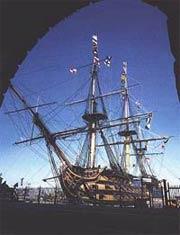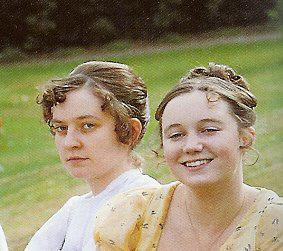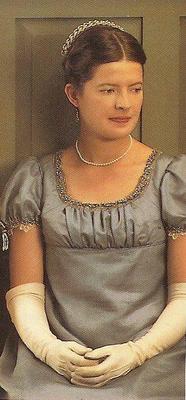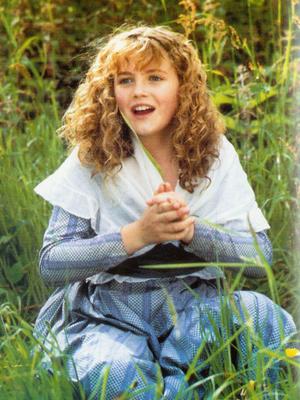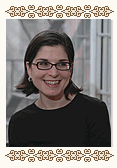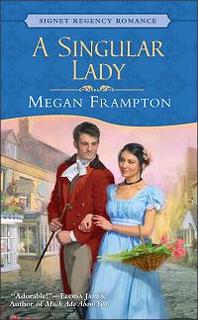The Battle of Trafalgar was fought on 21st October, 2005. Here are some sites for your edification:
www.nelsonsnavy.co.uk/battle-of-trafalgar.html has a lot of great information on Nelson’s Navy as well as the battle itself.
www.nmm.ac.uk/ Site of the National Maritime Museum in Greenwich, London.
And this site, http://www.trafalgar200.com/ has details of official celebrations and nifty Nelson souvenirs you can buy. I believe the official events included a re-enactment earlier this year in which the opposing sides were “red” and “blue” so as not to hurt the delicate sensibilities of the French. (Mes amis, you lost. Get over it.)
It’s possibly this event that inspired the following (sent to me from my brother in England) on why it’s a good thing the Battle of Trafalgar wasn’t fought in the 21st century…
Nelson: “Order the signal, Hardy.”
Hardy: “Aye, aye sir.”
Nelson: “Hold on, that’s not what I dictated to Flags. What’s the meaning of this?”
Hardy: “Sorry sir?”
Nelson (reading aloud): “‘England expects every person to do his or her duty, regardless of race, gender, sexual orientation, religious persuasion or disability.’ What gobbledygook is this?”
Hardy: “Admiralty policy, I’m afraid, sir. We’re an equal opportunities employer now. We had the devil’s own job getting ‘England’ past the censors, lest it be considered racist.”
Nelson: “Gadzooks, Hardy. Hand me my pipe and tobacco.”
Hardy: “Sorry sir. All naval vessels have now been designated smoke-free working environments.”
Nelson: “In that case, break open the rum ration. Let us splice the main brace to steel the men before battle.”
Hardy: “The rum ration has been abolished, Admiral. Its part of the Government’s policy on binge drinking.”
Nelson: “Good heavens, Hardy. I suppose we’d better get on with it ……….full speed ahead.”
Hardy: “I think you’ll find that there’s a 4 knot speed limit in this stretch of water.”
Nelson: “Damn it man! We are on the eve of the greatest sea battle in history. We must advance with all dispatch. Report from the crow’s nest please.”
Hardy: “That won’t be possible, sir.”
Nelson: “What?”
Hardy: “Health and Safety have closed the crow’s nest, sir. No harness. And they said that rope ladders don’t meet regulations. They won’t let anyone up there until a proper scaffolding can be erected.”
Nelson: “Then get me the ship’s carpenter without delay, Hardy.”
Hardy: “He’s busy knocking up a wheelchair access to the fo’c’sle Admiral.”
Nelson: “Wheelchair access? I’ve never heard anything so absurd.”
Hardy: “Health and safety again, sir. We have to provide a barrier-free environment for the differently abled.”
Nelson: “Differently abled? I’ve only one arm and one eye and I refuse even to hear mention of the word. I didn’t rise to the rank of admiral by playing the disability card.”
Hardy: “Actually, sir, you did. The Royal Navy is under represented in the areas of visual impairment and limb deficiency.”
Nelson: “Whatever next? Give me full sail. The salt spray beckons.”
Hardy: “A couple of problems there too, sir. Health and safety won’t let the crew up the rigging without hard hats. And they don’t want anyone breathing in too much salt – haven’t you seen the adverts?”
Nelson: “I’ve never heard such infamy. Break out the cannon and tell the men to stand by to engage the enemy.”
Hardy: “The men are a bit worried about shooting at anyone, Admiral.”
Nelson: “What? This is mutiny!”
Hardy: “It’s not that, sir. It’s just that they’re afraid of being charged with murder if they actually kill anyone. There’s a couple of legal-aid lawyers on board, watching everyone like hawks.”
Nelson: “Then how are we to sink the Frenchies and the Spanish?”
Hardy: “Actually, sir, we’re not.”
Nelson: “We’re not?”
Hardy: “No, sir. The French and the Spanish are our European partners now. According to the Common Fisheries Policy, we shouldn’t even be in this stretch of water. We could get hit with a claim for compensation.”
Nelson: “But you must hate a Frenchman as you hate the devil.”
Hardy: “I wouldn’t let the ship’s diversity co-ordinator hear you saying that sir. You’ll be up on disciplinary report.”
Nelson: “You must consider every man an enemy, who speaks ill of your King.”
Hardy: “Not any more, sir. We must be inclusive in this multicultural age. Now put on your Kevlar vest; it’s the rules. It could save your life”
Nelson: “Don’t tell me – health and safety. Whatever happened to rum, sodomy and the lash?”
Hardy: “As I explained, sir, rum is off the menu! And there’s a ban on corporal punishment.”
Nelson: “What about sodomy?”
Hardy: “I believe that is now legal, sir.”
Nelson: “In that case …kiss me, Hardy.”

